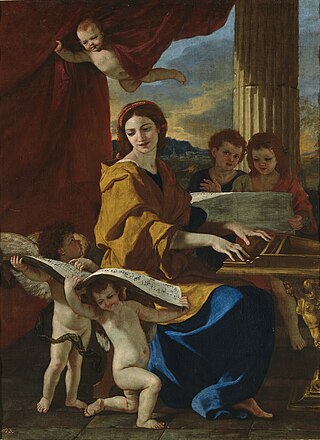Graziella is a feminine given name. Notable people with the name include:

Maria is a feminine given name. It is given in many languages influenced by Christianity.
Andrea is a given name which is common worldwide for both males and females, cognate to Andreas, Andrej and Andrew.
Cristina is a female given name, and it is also a surname. Notable people with the name include:
Rinaldi is a surname. Notable people with the surname include:
Lina is an international feminine given name, mostly the short form of a variety of names ending in -lina including Adelina, Angelina, Carmelina, Carolina, Catalina, Emelina, Evangelina, Evelina, Karolina, Italina, Marcelina, Melina, Nikolina, Paulina, Rosalina, and Žaklina.
Danielle is a modern French female variant of the male name Daniel, meaning "The God(dess)" in the French language.

Renata is a feminine given name of European origin, and a New Zealand surname.
Elvira is a female given name. First recorded in medieval Spain, it is likely of Germanic (Gothic) origin.
Tania is usually a given name. It may refer to:

Cecilia is a personal name originating in the name of Saint Cecilia, the patron saint of music.
Marisa is a feminine given name. Like the given name Marissa, the name is derived from the Latin maris, meaning "of the sea". The name is also a Spanish, Portuguese or Italian contracted familiar nickname for Maria Isabel or Maria Luisa.
Bella is a feminine given name. It is a diminutive form of names ending in -bella. Bella is related to the Italian, Spanish, Greek, Portuguese and Latin words for beautiful, and to the name Belle, meaning beautiful in French.
Gabriela is the Portuguese, Spanish, Czech, Slovak, Romanian, Latvian, Polish and Bulgarian feminine form of the Hebrew name Gabriel.
Rosa is a female given name, especially in the Spanish, Portuguese, and Italian languages.
Roberta is a feminine version of the given names Robert and Roberto. It is a Germanic name derived from the stems *hrod meaning "famous", "glorious", "godlike" and *berht meaning "bright", "shining", "light".
Livia was the wife of Augustus and the most powerful woman in the early Roman Empire. Livia is a girl's name of Latin origin, meaning “blue”. From Roman times, this was the female derivative of the family name Livius. Livia is a common feminine given name in countries such as Brazil, Italy, Spain, Argentina, Uruguay, Cuba, France, Romania, Hungary. Livia was a literary favorite from the sixteenth century, appearing in the plays of John Fletcher and Thomas Middleton, and playing a minor role in Romeo and Juliet. Anna Livia Plurabelle is the name of a character in James Joyce's Finnegans Wake.

Camilla or Camila is a feminine given name. It originates as the feminine of camillus, a term for a youth serving as acolyte in the ritual of ancient Roman religion, which may be of Etruscan origin. Hypocorisms of the name include Milly, Millie, and Milla.
Andree or Andrée is a feminine given name.

Adelina is the Italian variant of Adeline, meaning 'noble' or 'nobility'. Its other variants are Adtelina, Adela, Adelia, Della, Adalyn, Adalynn, Adelyn, Alene, Aline, Delia, Aada and Ada.
Gilda is a given name.